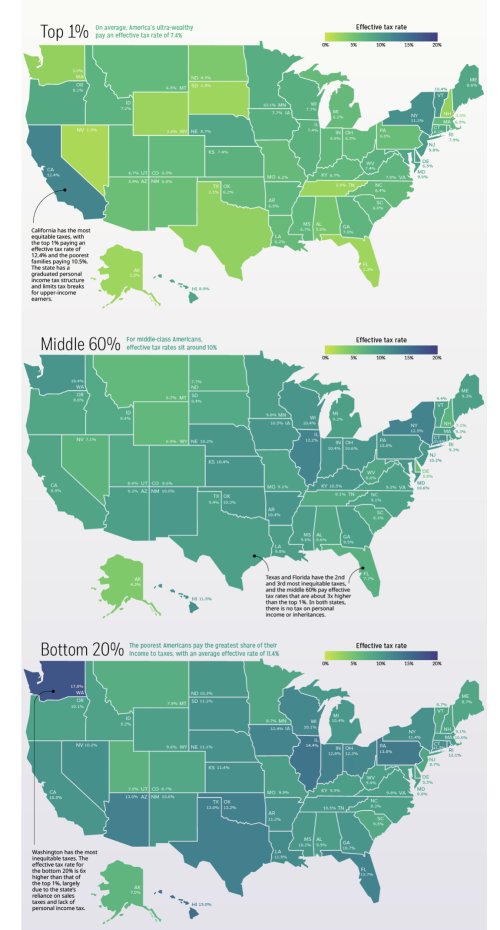BuzzH
Well-known member
You aren't much older than me, but thanks for paying taxes the last year I was in high school and the first year you had a job.You are welcome. Buzz, do you celebrate Independence Day? mtmuley
Oh, and yes, I even watch fireworks.





